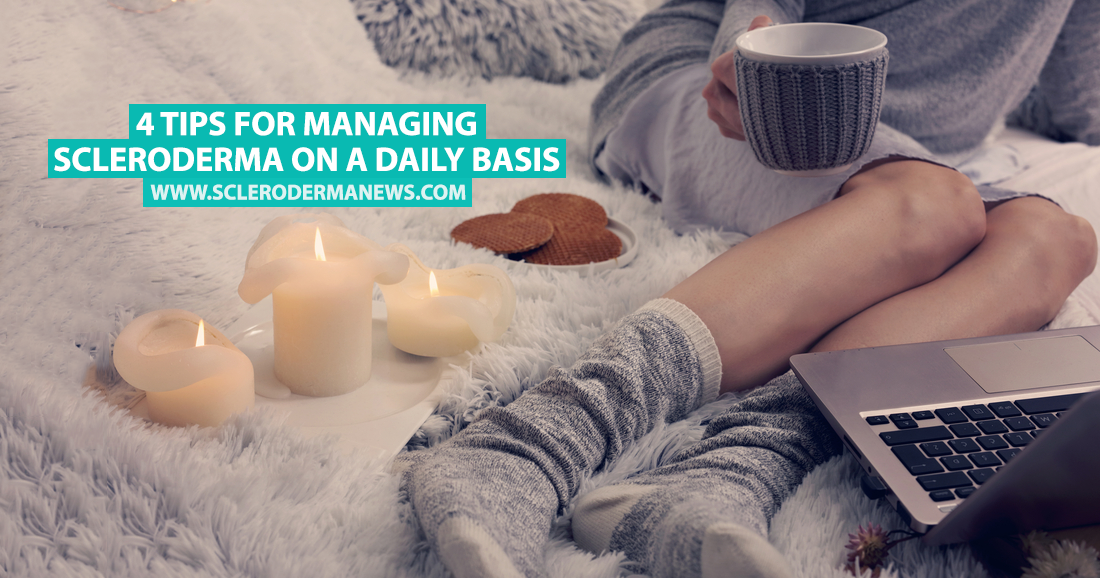4 Tips for Managing Scleroderma on a Daily Basis
Written by |

A scleroderma diagnosis can leave a person reeling with different emotions. It’s important to know that while there is no cure, the disease can be managed and for many, treatment can limit the impact it has on their lives.
According to the Scleroderma Foundation, there are a few simple things patients can do to minimize the effects of scleroderma and to help alleviate some of the symptoms associated with the disease.
Give yourself time
If you’ve recently been diagnosed with scleroderma, it’s perfectly normal to feel angry, sad, and bitter, and to ask “why me?”. Allow time to work through these feelings as you can come to terms with the disease and your future.
If you’re struggling with your emotions, you may wish to seek the services of a professional counselor.
Find a strong support network
Family and friends will be the first people you turn to for emotional and practical support. You may also consider joining a local support group or an online community for people with scleroderma so that you can reach out and chat with others going through the same experiences.
MORE: Four important questions about scleroderma
Be proactive
Your health care team is there to offer support and guidance, so use them. Ask all the questions you need and don’t be afraid to change elements of your team if they don’t suit you. Find out as much about scleroderma and various treatments options as you can, so you can be proactive in your treatment. Ask your doctor about any clinical trials you may be able to participate in.
Look after yourself
Eating well, sleeping well, limiting alcohol, quitting smoking, exercising (if possible) and avoiding stress will all go a long way in helping you feel as well as possible. Alternative therapies such as acupuncture or essential oils can often benefit those with scleroderma, helping with pain relief and relaxation.
MORE: How serious is scleroderma?
Scleroderma News is strictly a news and information website about the disease. It does not provide medical advice, diagnosis or treatment. This content is not intended to be a substitute for professional medical advice, diagnosis, or treatment. Always seek the advice of your physician or other qualified health provider with any questions you may have regarding a medical condition. Never disregard professional medical advice or delay in seeking it because of something you have read on this website.





